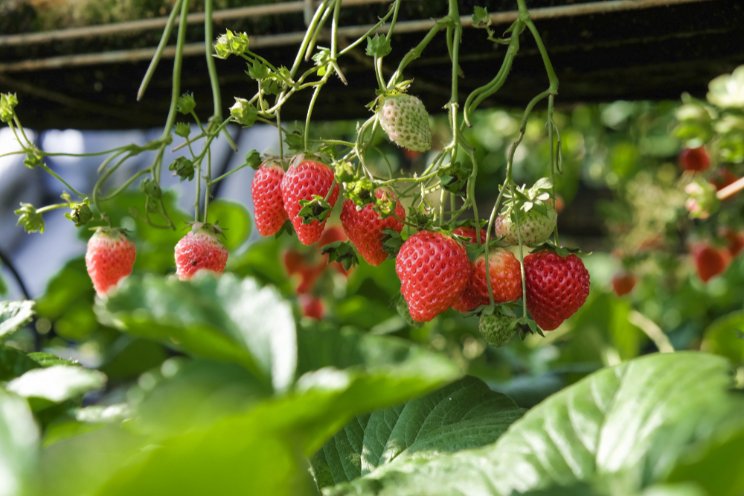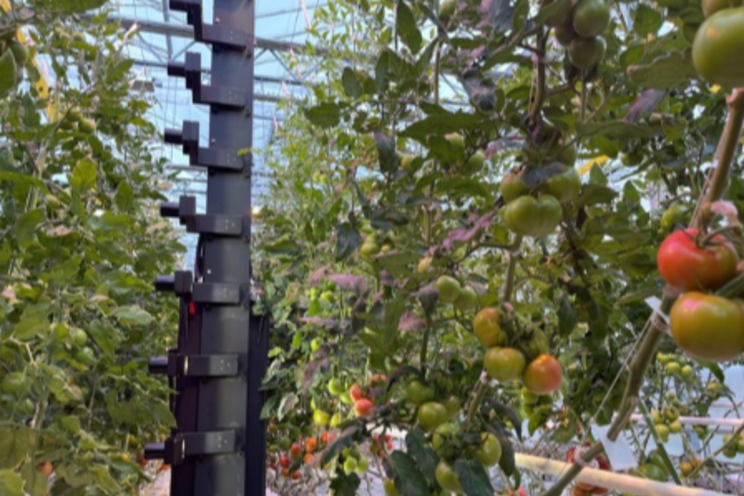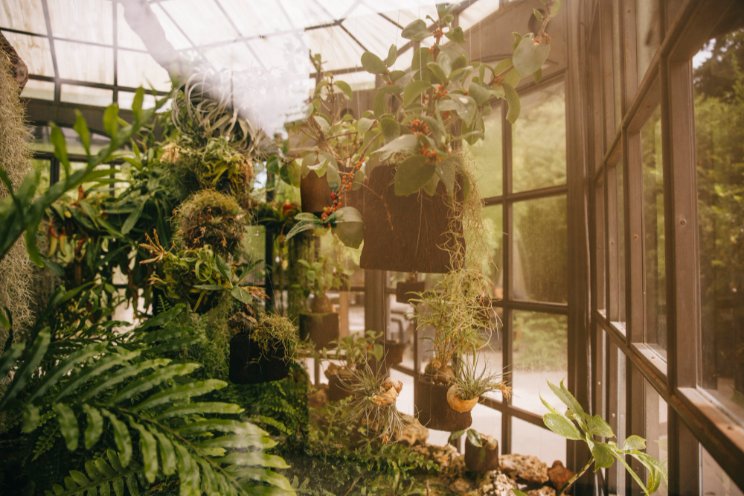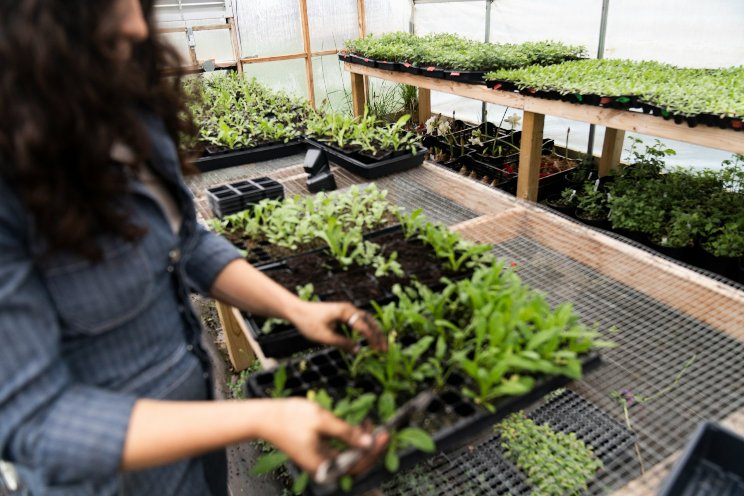Think you can't grow lavender? Think again!
Added on 24 May 2024
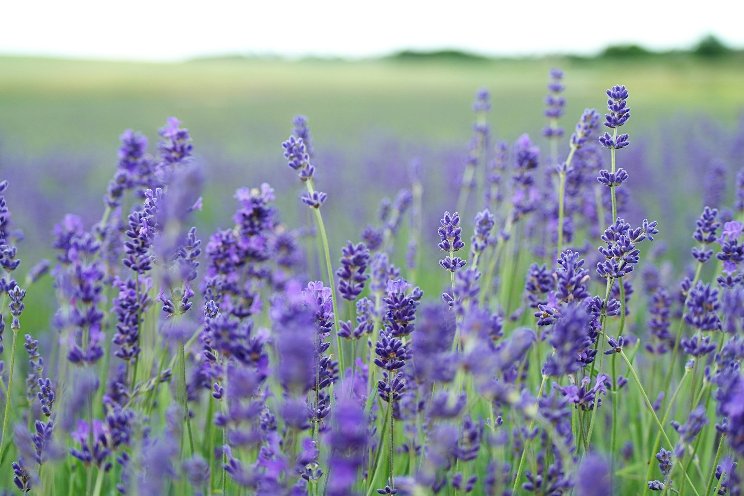
Choosing the right lavender variety is key for growers and home gardeners alike. “We have trialed and tested just about every lavender variety we could get our hands on,” said Georgia Clay, plant selections manager at Monrovia. “After putting each type through rigorous trials in locations across the country, we only choose the plants we know we can grow better, ensuring they’ll grow better in the home garden. No matter which lavender you choose, if it is in a Monrovia green pot, you know it’s ready to perform in your garden.”
Different types of lavender do better in certain climates, soils, and situations. Here is a look at some of the top choices.
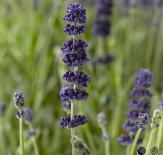 English lavender is one of the most cold-hardy varieties (recommended for Zones 5-10) and derives its name from the cooler climate and popularity in English herb gardens. English lavender offers gray-green foliage and dainty flower spikes that range from blue-purple to vivid violet, and typically grow 2-3 feet tall. An excellent choice for informal edging along a walkway or a colorful mass planting, this type of lavender is easy to care for. AromaticoTM Blue Imp. Lavender is a versatile, low-maintenance choice that has deep eggplant-purple flowers and silvery-green foliage.
English lavender is one of the most cold-hardy varieties (recommended for Zones 5-10) and derives its name from the cooler climate and popularity in English herb gardens. English lavender offers gray-green foliage and dainty flower spikes that range from blue-purple to vivid violet, and typically grow 2-3 feet tall. An excellent choice for informal edging along a walkway or a colorful mass planting, this type of lavender is easy to care for. AromaticoTM Blue Imp. Lavender is a versatile, low-maintenance choice that has deep eggplant-purple flowers and silvery-green foliage.
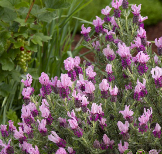
Spanish lavender has distinctive blooms with flag-like flowers called bracts. Spanish lavender, recommended for Zones 7-9, blooms almost constantly from mid-spring to late summer in colors that include white, pink, and purple. Although the flowers aren’t as fragrant as other types, its silvery foliage provides beautiful scent. Javelin ForteTM Deep Purple Spanish Lavender was selected for its robust growth and large purple flowers. It can also handle cooler, wet winters.
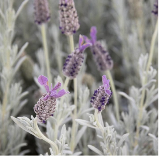
Silver Anouk Spanish Lavender is a unique, new compact lavender with stunning silver foliage and dark violet petal-like bracts. Chosen for its bloom power, disease resistance and durability, Silver Anouk also stands up to summer heat and drought. Beautiful in the landscape, this lavender is also stunning as a container plant. It is recommended for zones 6-10.
French Lavender brings visions of romantic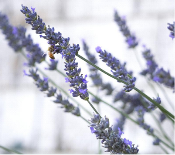 countryside fields filled with fragrant flowers. Phenomenal Lavender can bring that look home. This variety features elegant, highly fragrant mounds of silver foliage topped with purple-blue flower spikes. Chosen for its outstanding ornamental and edible qualities, Phenomenal Lavender also offers excellent disease resistance, along with heat and humidity tolerance. Phenomenal, which is recommended for zones 4-8, thrives in soil that drains well. As with most lavenders, its best to avoid heavy, soggy soils as Phenomenal doesn’t like wet feet.
countryside fields filled with fragrant flowers. Phenomenal Lavender can bring that look home. This variety features elegant, highly fragrant mounds of silver foliage topped with purple-blue flower spikes. Chosen for its outstanding ornamental and edible qualities, Phenomenal Lavender also offers excellent disease resistance, along with heat and humidity tolerance. Phenomenal, which is recommended for zones 4-8, thrives in soil that drains well. As with most lavenders, its best to avoid heavy, soggy soils as Phenomenal doesn’t like wet feet.
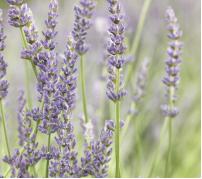 Hybrid lavender is a cross between English and Portuguese lavender to create a unique mix of cold hardiness and heat tolerance, all in one plant. Hybrid lavender produces long spikes of highly fragrant flowers that range from dark violet to white, and its gray-green foliage is also aromatic. This type, recommended for Zones 5-11, works well as an accent plant or in an herb or rock garden. Riverina Thomas Lavender offers repeat midsummer blooms and a robust fragrance.
Hybrid lavender is a cross between English and Portuguese lavender to create a unique mix of cold hardiness and heat tolerance, all in one plant. Hybrid lavender produces long spikes of highly fragrant flowers that range from dark violet to white, and its gray-green foliage is also aromatic. This type, recommended for Zones 5-11, works well as an accent plant or in an herb or rock garden. Riverina Thomas Lavender offers repeat midsummer blooms and a robust fragrance.
“Lavender is the perfect choice for gardeners who are looking to incorporate the wellness garden trend into their plantings,” said Katie Tamony, CMO and trend spotter at Monrovia. “Fragrance is a key component of the wellness garden, and nothing beats the scent of lavender for creating a relaxing, rejuvenating outdoor oasis. It’s perfect for people and pollinators.”
To help lavender reach its full potential, it’s important to plant in an area with good air circulation and excellent drainage. Lavender also loves the sun and needs 6-8 hours of full sun daily. For more planting and care tips, visit Monrovia’s online Lavender Plant Care Guide.
Header Photo by Annie Spratt on Unsplash
More news


